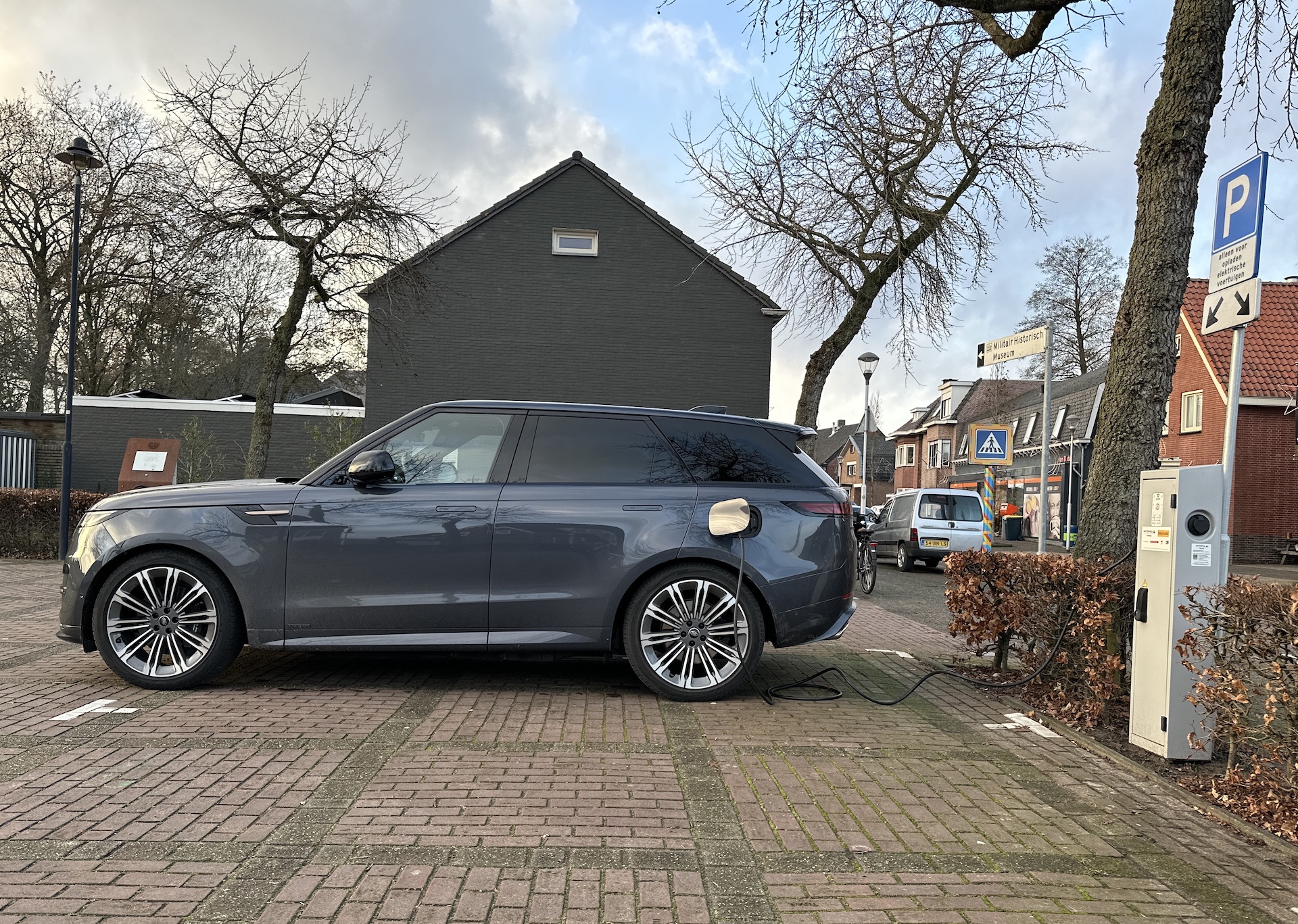Charging pole alarm! Work to be done for the Netherlands
Charging stations in the Netherlands
There are about 105,000 (semi)public charging stations for passenger cars at the time of writing, but there are still about 400,000 to go. With seven years to go, roughly 155 charging stations should be added every day. The government seems on track on this issue, but it is and will remain an exciting challenge, according to Van Bruggen.
“After all, in addition to docking, all these charging points have to provide much-needed energy. It has been calculated that by 2050 our fully electrified fleet of vehicles will require a quarter of the current electrical energy in the Netherlands,” Van Bruggen stated.
Loading and refueling infrastructure continues to lag behind
He continued: “The hefty investments for public fast charging points for trucks have not yet been released. The charging and refueling infrastructure lags behind. While the government is increasingly ambitious and accelerating, it also admits that our energy grid is not ready for this. Indeed, there are major challenges, such as grid scarcity and grid congestion. Therefore, don’t rule out much-needed other sustainable technologies, such as hydrogen, and start today to make our energy grid heavier and smarter.”
According to the RAI Association’s top executive, the speed of our industry, the capacity of our energy grid and the government’s electrification ambitions are increasingly out of sync.
Network Congestion Action Plan
Minister Jetten launched the “Net Congestion Action Plan” just before Christmas. Van Bruggen: “We support the three pillars of his plan: faster construction, stronger steering and increasing the flexible capacity of the energy network. But we have serious concerns about its implementation and speed. Indeed, this same action plan already outlines that there will be severe grid scarcity in the coming years. We already see that this is being taken into account.”
hefty issues
Van Bruggen is referring to experiments in Amsterdam in which the charging capacities of public charging stations are drastically reduced during peak load conditions on the energy network. “That could cause problems. At the same time, RAI Vereniging notes that the charging infrastructure for trucks lags behind the stated ambitions and the energy network already has hefty issues. For example, in several places in the Netherlands there is already no more space and grid congestion. And there is still a great deal of additional demand in terms of energy. From charging stations alone.”
Not enough fast charging stations
At times during the day when the network is heavily loaded, this can cause hefty problems. Added to that is the energy demand from the built environment, industry and our logistics sector. Van Bruggen: “For our logistics sector, the challenge is substantial and worrisome. The required charging capacities for heavy commercial vehicles are much higher than for passenger cars, because of the larger batteries and the often limited time to charge. There are still hardly any fast charging stations of this kind. Truck charging stations in many cases require heavy lines to be installed. Applying for a new, heavier mains connection, laying heavier lines and building this kind of charging station takes several years. Time which is simply not there given all the new ambitions and acceleration in this regard.”
Time for action
RAI Association also lists solutions that help prevent grid congestion as much as possible. Van Bruggen: “First, the government needs to allow more sustainable technologies. In legislation to achieve the climate goals, the focus is now only on electric batteries, while hydrogen, renewable fuels but also the now highly developed plug-in hybrid are available. Secondly, it is important to make substantial money available now to strengthen the network, really start doing this immediately and speed up the realization of fast charging stations for trucks. Third, we remain committed to smart ways to share energy together in a smarter way. This is where the government, as well as the National Charging Infrastructure Agenda, is also working hard and contributing to ensure that smart charging such as night charging or sharing energy more creates a win/win situation.”

